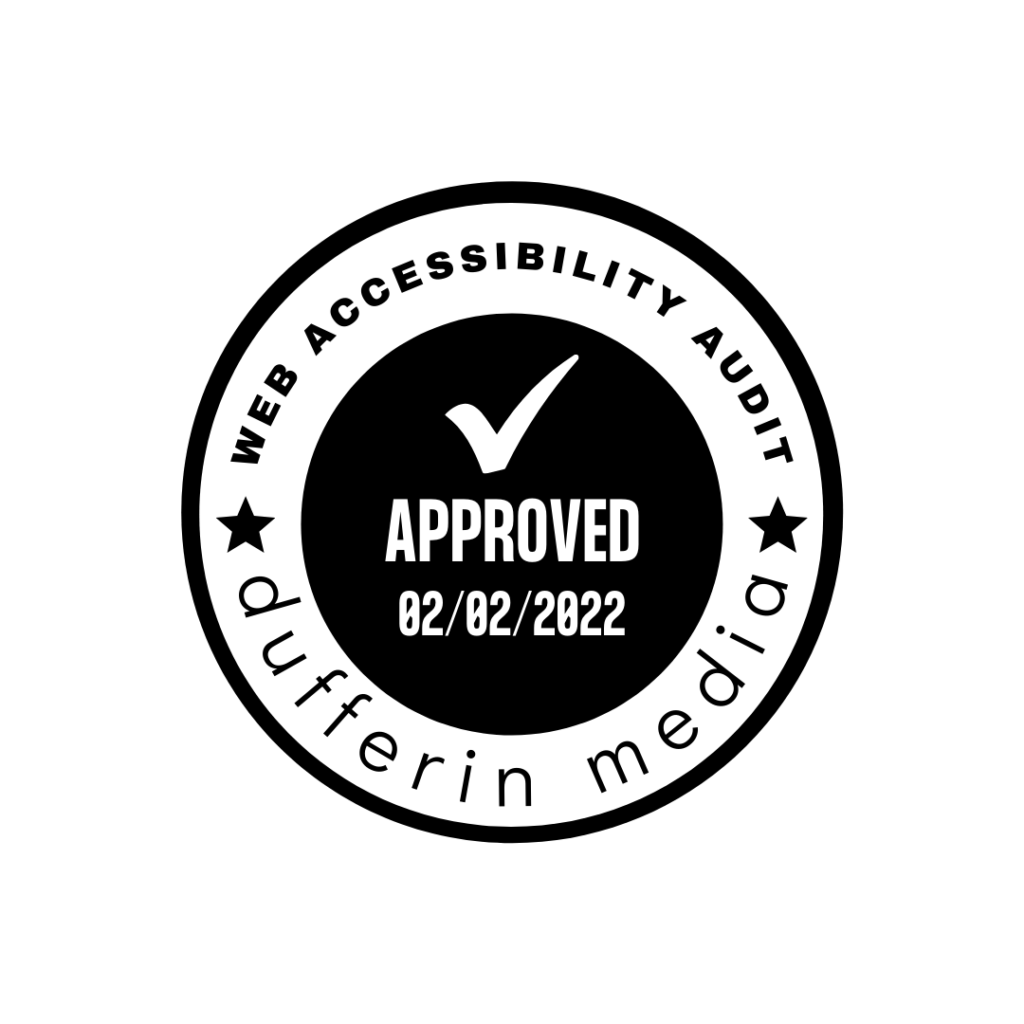Is it Wise to Have a Cohabitation Agreement?

Is it Wise to Have a Cohabitation Agreement?
Moving in together is often a very exciting time in a couple’s relationship, as it forges the bond and takes you from ‘just dating’ to the next level of living together as partners.
Though we understand the power of romance that often pushes people to make impulsive decisions ‘on faith,’ it is important for couples to have their heads on straight as they begin living together, especially if one or both has assets or liabilities. A Cohabitation Agreement is one legal tool that can help you ‘hope for the best, but plan for the worst.’
What is a Cohabitation Agreement?
A Cohabitation Agreement is a domestic contract that allows both parties to discuss and set out in writing their individual rights and responsibilities while living together and what will happen if their relationship breaks down.
Why Do You Need a Cohabitation Agreement?
While in the past, couples would traditionally get married before cohabitating, in modern times, many skip this route and live together, share assets, and even have children without ever getting married. These kinds of common-law relationships are increasingly more common. However, cohabitating couples do not have the same legal protection as legally married spouses.
Given that some couples are also getting married later in life, in many instances, one or both spouses may own assets, such as real property, which they purchased before their cohabitation. It is also possible that they may also have debt that they accumulated before their cohabitation, such as a mortgage, credit card debt, or student debt.
A Cohabitation Agreement is a very useful document that can help couples determine the best way to protect their interests regarding finances, assets, and debts. Cohabitation Agreements may also address decisions as to what will happen while residing together and set out what will happen if there is a breakdown in the relationship.
With this in mind, let’s consider what a Cohabitation Agreement covers and why you may want to have one before moving in with your loved one.
What Should Be In a Cohabitation Agreement?
A Cohabitation Agreement is not a legal requirement but rather a domestic contract that sets out the roles and responsibilities of unmarried couples. It will make it easier to determine what will happen while living together and in case of a relationship breakdown.
It may contain the following information (and more, depending on your situation):
- The sharing and disposition of current household expenses
- The disposition of joint bank accounts
- The disposition of real property
- A list of business interests or partnerships
- A list of assets, including vehicles, real estate, investments, collections (such as art or jewelry), and inheritance
- Spousal support release provisions
- Whether or not a pension will be shared
Real estate is often a person’s most significant investment and is, therefore, one of the most common concerns for couples entering a Cohabitation Agreement. It usually specifies any property owned before the relationship remains separate.
When Should You Sign a Cohabitation Agreement?
Ideally, a couple should determine their financial obligations before moving in together. Still, it is never too late to sign a Cohabitation Agreement, even if you have lived together for some time.
Though most people want to avoid discussing a possible future breakdown of the relationship, it may help couples understand their rights and responsibilities when it comes to cohabitating.
Couples should note that signing a Cohabitation Agreement and subsequently marrying automatically becomes a Marriage Contract. The provisions set out in the Cohabitation Agreement will continue to apply during the marriage.
As always, it is best to consult a family lawyer about legal agreements to ensure the best outcome for both parties. It is understandable to have many questions. All couple’s situations are different, and there are often a lot of gray areas when it comes to the law. Foote Law has an experienced group of dedicated family law lawyers who understand these documents and can guide you on what should be considered and included based on your unique situation.
Contact Foote Law today if you are considering a Cohabitation Agreement or are concerned about your rights and obligations to your spouse.



Recent Comments